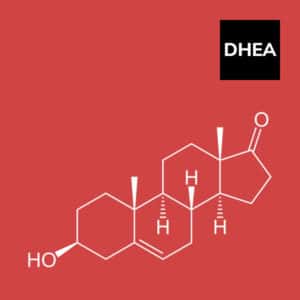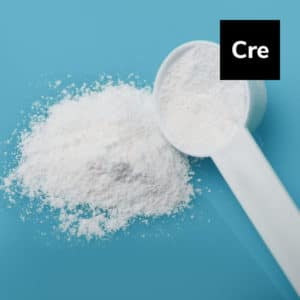Overview
Betaine HCI is a gastric-juice component essential for digestion of food and proper absorption of most nutrients. Protein, calcium, vitamin B12, and iron can only be properly absorbed when betaine HCl is present in the body in adequate amounts. Ingested bacteria and microorganisms are destroyed by the stomach’s hydrochloric acid’s low pH. Betaine HCl is a dietary supplement that helps maintain a better digestive health system and wellness.
Key Benefits
- Supports digestion
- Increases stomach acid
- May reduce symptoms of acid reflux
History of Usage
Once used in over-the-counter digestive aids, betaine HCl was banned in 1988 because of lack of evidence that it was safe and effective. Today it is available only as a dietary supplement. It should not be confused with betaine anhydrous.
Biochemistry
Betaine HCl is typically measured in milligrams; however, some guidelines still use “grains” to quantify this compound. One grain of betaine HCl contains 65 mg.
The most common recommendation for the use of betaine HCl supplements within the integrative medicine community is usually implemented using an empirical test for low stomach acid, in which increasing doses of betaine HCl are given during sequential meals until an uncomfortable sensation is noticed by the patient. Along with improvements in symptoms of dyspepsia (or laboratory analysis of improved protein digestion), the lack of side effects acts as an empirical confirmation that low gastric acid production was contributing to poor digestion and/or dyspeptic symptoms.
Since hydrochloric acid is secreted by the stomach to help digest protein, betaine HCL may theoretically help break down food allergens into smaller molecules that are not allergenic.
Recent Trends
The betaine market is projected to register a CAGR of over 6% between 2021 and 2026.
Betaine HCL is available as capsules, tablets, and powders as digestive support nutritional supplements, and in hair, nail, and skin supplements.
Precautions
- Pregnant and nursing women should consult with their health care professional beforeing taking betaine HCL.
- Individuals who have heartburn, gastritis, or peptic ulcers should not take betaine HCL.
References
- Guilliams TG, Drake LE. Meal-Time Supplementation with Betaine HCl for Functional Hypochlorhydria: What is the Evidence?. Integr Med (Encinitas). 2020;19(1):32-36.
- Yago MR, Frymoyer A, Benet LZ, et al. The use of betaine HCl to enhance dasatinib absorption in healthy volunteers with rabeprazole-induced hypochlorhydria. AAPS J. 2014;16(6):1358-1365. doi:10.1208/s12248-014-9673-9




